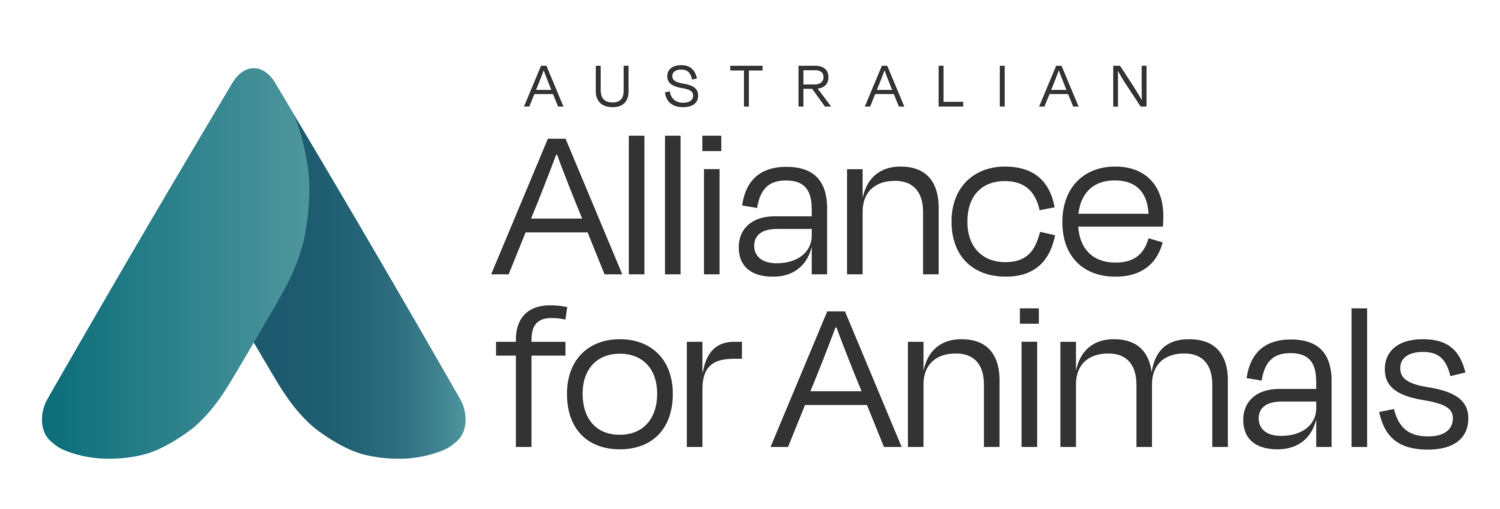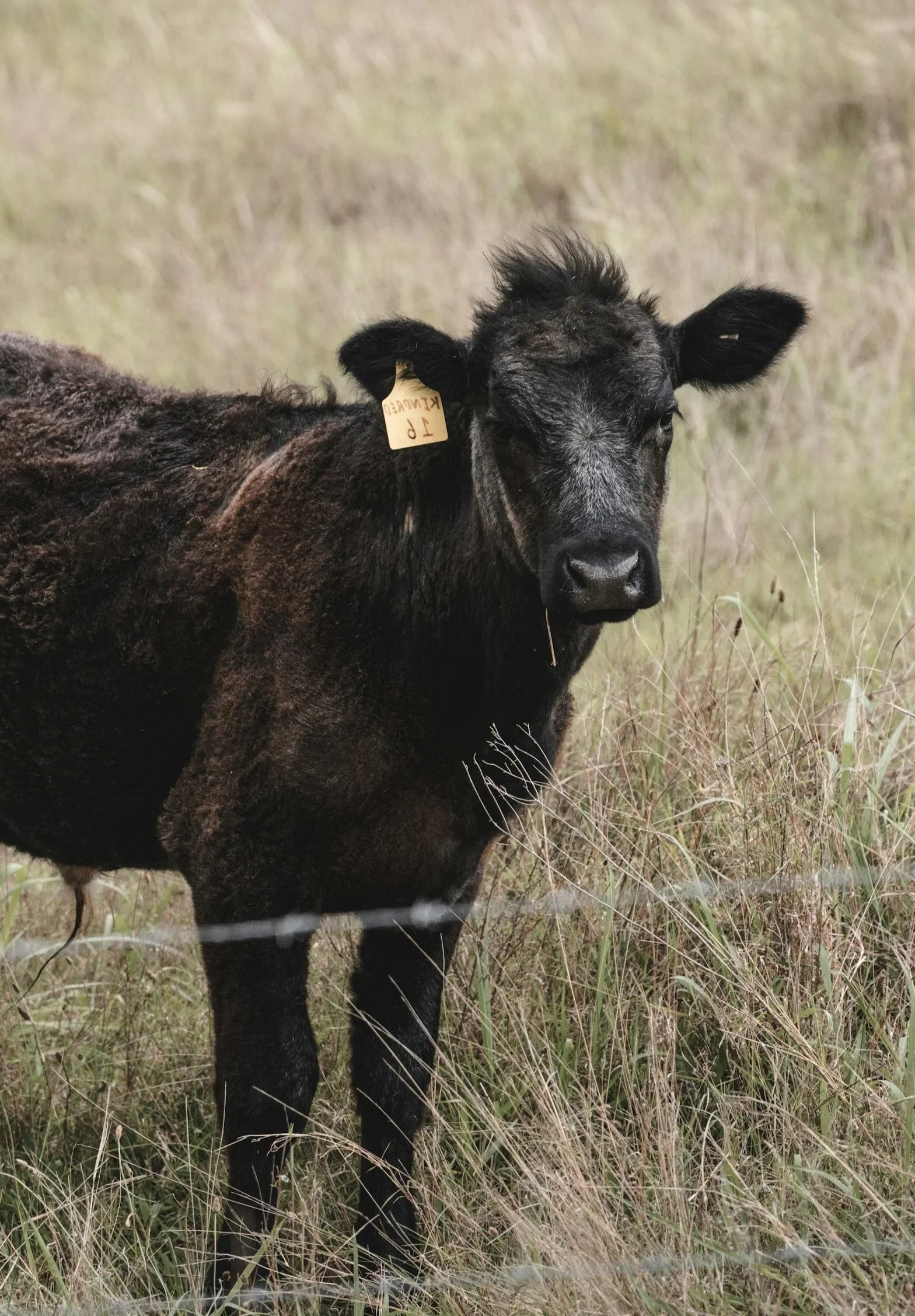Animal welfare belongs on Australia’s productivity agenda
Image: Dominic Lorrimer
If you’ve been following the news lately, you have probably heard a lot about productivity – or more specifically, how to increase it. The Federal Government has made this a big part of its agenda for the term. Increasing the nation’s productivity and building economic resilience will influence all areas of government policy for the next three years and beyond. This week, Treasurer Jim Chalmers convened an Economic Reform Roundtable (19-21 August 2025), bringing together government, union, business, and civil society to help shape reforms that will drive this agenda.
So, you may ask, where does animal welfare fit into all of this, and is this a good thing or a bad thing for animals?
We’ve given this a lot of thought at the Alliance, and we believe that while this agenda is certainly not without risk, on balance, it presents significant opportunities to progress vital reforms for animals. In fact, our Fair Go for Animals reform framework is completely aligned with the Government’s economic reform agenda, and here’s why.
How animal welfare affects productivity
Animal welfare is not a side issue, it’s central to sustainability and resilience of any industry that relies on animals.
Poor animal welfare can destroy industry productivity. Low standards expose businesses and industries to a multitude of risks ranging from damage to social licence, regulatory and political intervention, consumer boycotts, and hindered trade and market access. In-turn, this can create investment uncertainty and affect long-term business confidence.
Conversely, robust standards of animal welfare improve animal health, reduce stress for animals and farm workers, and provide greater investment certainty for industry. Embracing good animal welfare standards that are backed by current scientific knowledge and community expectations, promotes consumer confidence and can help secure trade and market access.
Government regulation of animal welfare also impacts productivity. The Productivity Commission found that Australia has a fragmented system of animal welfare governance and slow decision-making processes which increase uncertainty and lead to complex, duplicative and ambiguous regulatory standards that add to compliance costs.
An opportunity to integrate animal welfare into the productivity agenda
With the Economic Reform Roundtable underway, there is a real chance to align animal welfare reforms with the productivity agenda. Here’s how:
Elevate national consistency and streamline regulation
Developing a national Animal Welfare Strategy, which identifies broad areas of consensus between jurisdictions and stakeholders, could set the foundation for increased national leadership and practical action. Establishing a national Animal Welfare Commission, as recommended by the Productivity Commission, would streamline decision-making processes, reduce duplication, promote consistency across states and territories, and align with the government’s commitment of “cutting red tape without lowering standards.”Strengthen international market access and brand Australia
More markets, such as the EU, UK and China, are becoming increasingly sensitive to animal welfare. Developing robust, nationally consistent and enforceable standards would enable Australia to leverage its comparative advantage in animal welfare, traceability and biosecurity to sustain access to these high-value markets, enhance our ‘clean, green’ reputation, and position us as a global leader in ethical and sustainable production practices.Create jobs, value-adding, and economic resilience
Improving animal welfare produces higher value products, increases revenues and strengthens economic resilience. It also creates additional job opportunities due to the additional labour and expertise required to deliver improved standards.Embed innovation through animal welfare-aligned AI
A national Animal Welfare Strategy and Commission could promote innovation and adoption of animal welfare-aligned AI-powered technologies including enhanced welfare monitoring and assessment, and standardised data collection. Embedding innovation within national standards development processes could increase efficiency, reduce compliance costs, and improve animal welfare at the same time.
A win-win for animals, people, and productivity
Animal welfare reform can enhance resilience, streamline regulation, and promote innovation. Including animal welfare in the productivity conversation will ensure these opportunities are not missed.
A national Animal Welfare Commission, guided by a cohesive national strategy, offers a tangible path to achieving these outcomes and would represent a legacy reform, delivering benefits for industry, government, and our society as a whole. This would align with community expectations, strengthen Australia’s reputation, and ensure our economic future is built on a foundation of compassion and fairness in addition to productivity.
Support the call to put animal welfare on the agenda
As the Alliance for Animals leads this conversation, we invite you, as someone who cares deeply about animals, to also advocate for these essential reforms. Together, we can ensure animal welfare remains at the forefront of political discussions.


